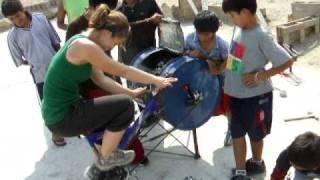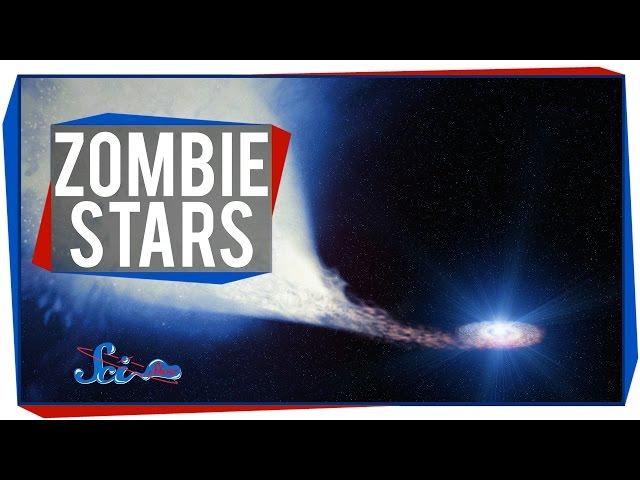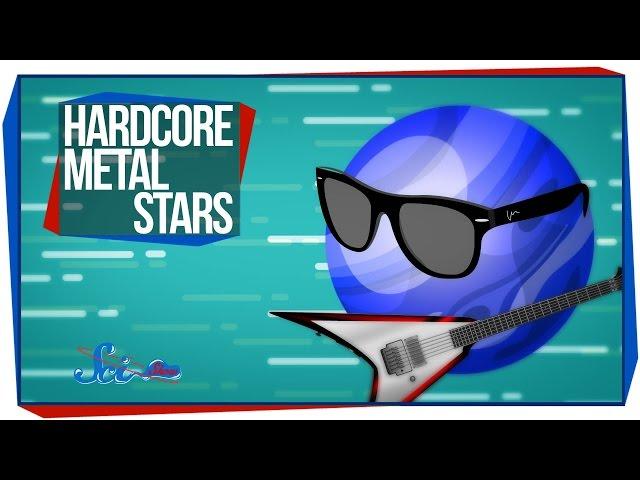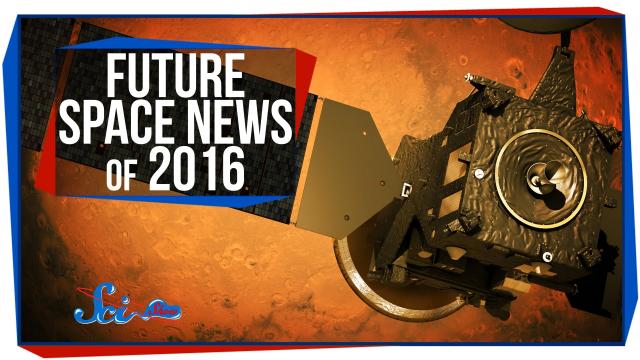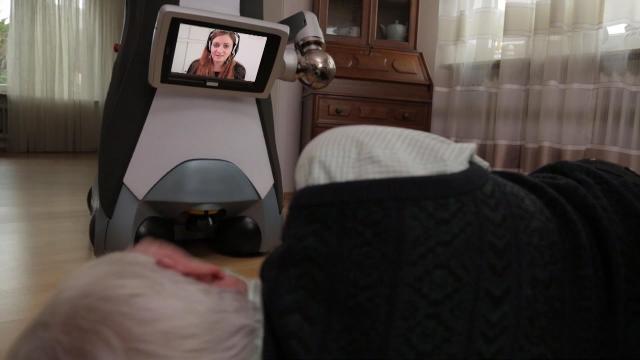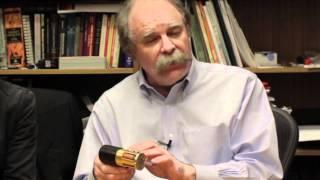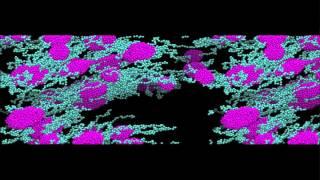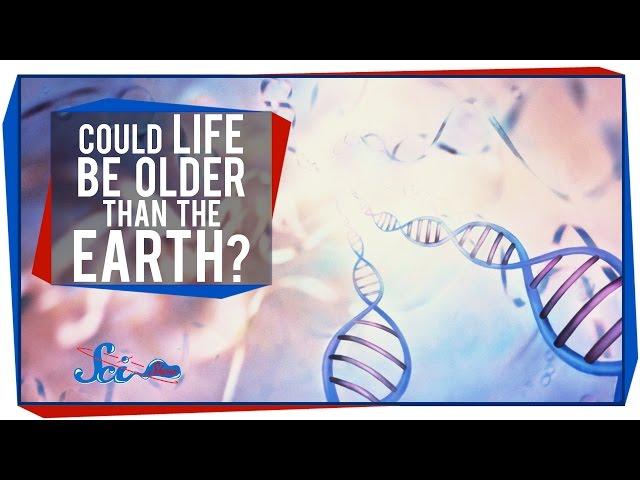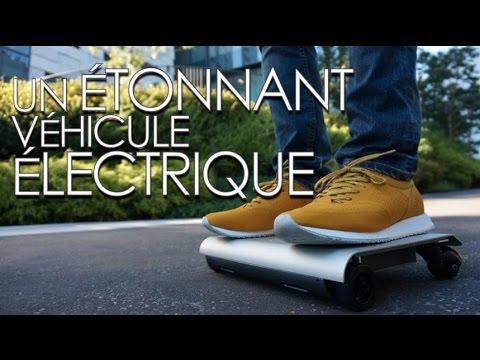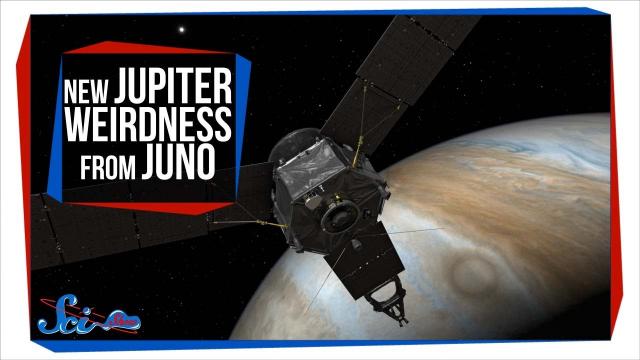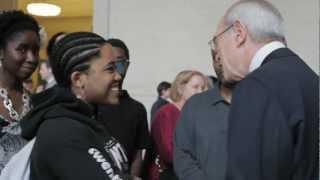Time Travel, Teleportation & Science
Time travel is the concept of moving between different points in time in a manner analogous to moving between different points in space, generally using a theoretical invention, namely a time machine. It has a commonly recognized place in philosophy and fiction, but has a very limited application in real world physics, such as in quantum mechanics or wormholes.
Although the 1895 novel The Time Machine by H. G. Wells was instrumental in moving the concept of time travel to the forefront of the public imagination, The Clock That Went Backward by Edward Page Mitchell was published in 1881 and involves a clock that allowed three men to travel backwards in time.[1][2] Non-technological forms of time travel had appeared in a number of earlier stories such as Charles Dickens' A Christmas Carol. Historically, the concept dates back to the early mythologies of Hinduism (such as the Mahabharata), Buddhism, and Islam through ancient folk tales. More recently, with advancing technology and a greater scientific understanding of the universe, the plausibility of time travel has been explored in greater detail by science fiction writers, philosophers, and physicists.
Teleportation, or Teletransportation, is the theoretical transfer of matter or energy from one point to another without traversing the physical space between them. It has a commonly recognized place in science fiction literature, film, and television, but as yet has a very limited application in real world physics, such as quantum teleportation or the study of wormholes.
Science (from Latin scientia, meaning "knowledge") is a systematic enterprise that builds and organizes knowledge in the form of testable explanations and predictions about the universe. In an older and closely related meaning, "science" also refers to a body of knowledge itself, of the type that can be rationally explained and reliably applied. A practitioner of science is known as a scientist.
In modern usage, "science" most often refers to a way of pursuing knowledge, not only the knowledge itself. It is also often restricted to those branches of study that seek to explain the phenomena of the material universe.
Source : Wikipedia
-
03:51
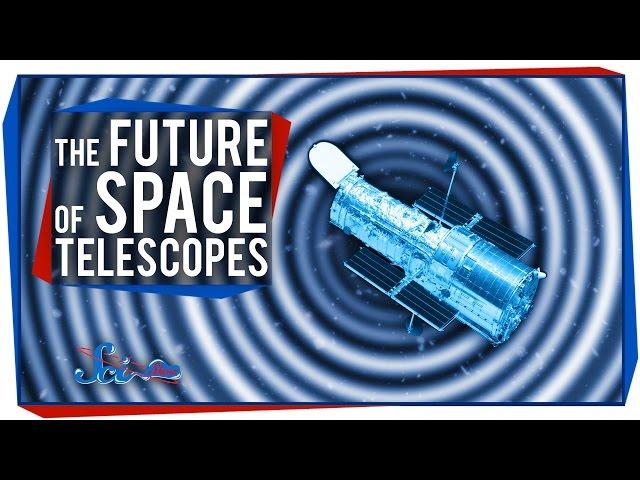
The Future of Space Telescopes: Umbrellas & Glitter!
Added 731 Views / 0 LikesThe Future of Space Telescopes: Umbrellas & Glitter!
-
03:57
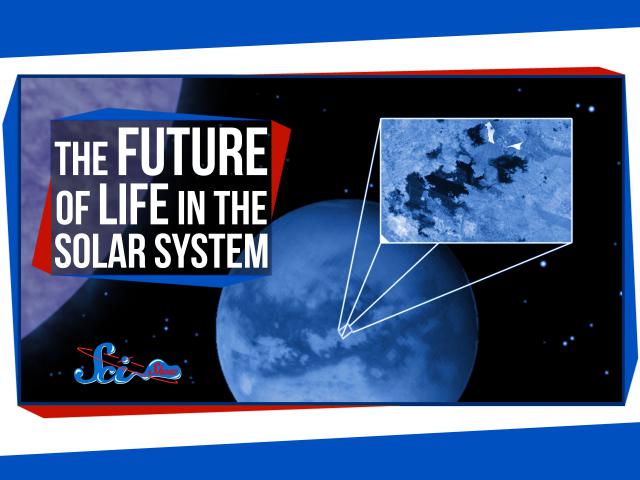
The Future of Life in the Solar System
Added 731 Views / 0 LikesThe Future of Life in the Solar System
-
05:07
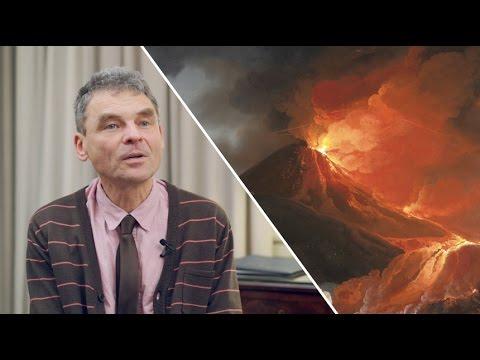
Interview : 3 éruptions Volcaniques Majeures Qui Ont Marqué L’histoire
Added 731 Views / 0 Likes -
04:02

The Greatest Failed Experiment Ever
Added 731 Views / 0 LikesThe Greatest Failed Experiment Ever
-
03:26
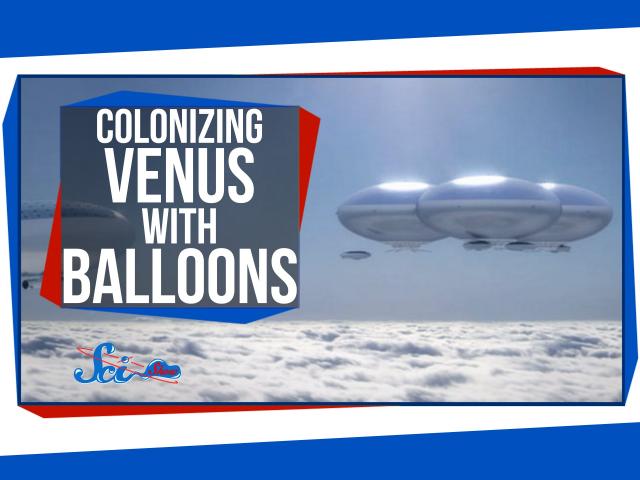
Colonizing Venus with Giant Balloons
Added 731 Views / 0 LikesColonizing Venus with Giant Balloons
-
01:01

Puppy Love: Welcome to the MIT Puppy Lab
Added 731 Views / 0 LikesPuppy Love: Welcome to the MIT Puppy Lab
-
03:58

Can animals have unique personalities?
Added 729 Views / 0 LikesCan animals have unique personalities?
-
16:13
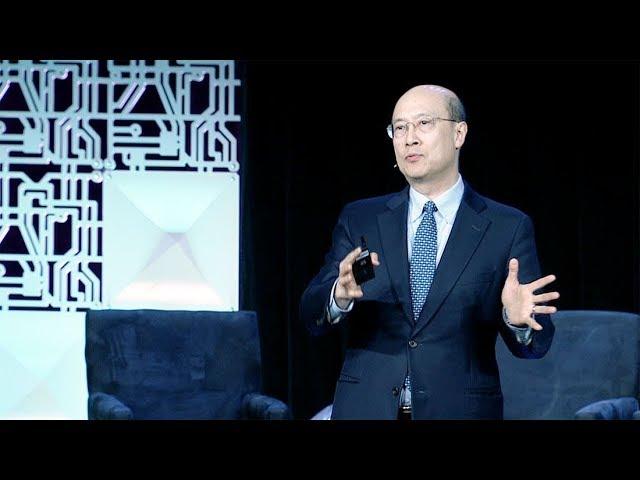
MIT Intelligence Quest Launch: Artificial Intelligence, Artificial Stupidity, and Financial Markets
Added 729 Views / 0 LikesAndrew W. Lo, Director of the MIT Laboratory for Financial Engineering and the Charles E. and Susan T. Harris Professor at MIT, describes his research on artificial intelligence and financial markets at the launch event for the MIT Intelligence Quest, an
-
02:47
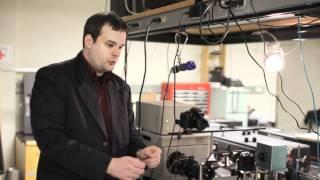
Visualizing video at the speed of light— one trillion frames per second
Added 728 Views / 0 Likes

